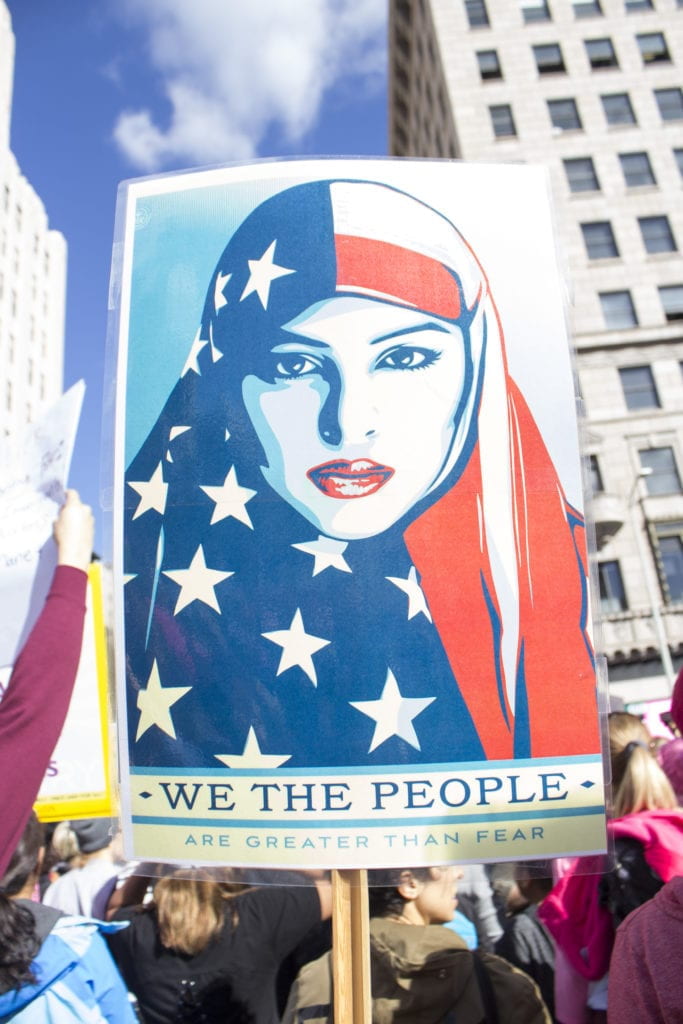Ayman Mukerji Househam
Sakhi
USA
Mrs. X is an Indian (actual nationality masked) wife whose husband invited her to finally live with him in Harlem, NY, after 16 years of marriage. He had visited her three times, so they barely knew each other. As Mrs. X and her three teenage sons landed at JFK airport, she noticed her heart pounding with joy and excitement. Little did she know that the next three months would be filled with rape and drunken rages followed by brutal abuse of their sons and her. In the fall of 2018, her husband finally called it off by (literally!) kicking them out into the frozen streets of Harlem.
This would have become the story of four homeless immigrants, but a Good Samaritan New Yorker spotted the hungry children and their pregnant mother. He helped them find a shelter, which is Mrs. X’s new home, and fortunately, the family got food, thanks to food stamps! When I met the family this year as a social worker, I did not have the heart to tell them that they might soon be cut off from food and shelter. They would be possibly left with one of two choices: to return to their perpetrator or to be deported to their country.
Why, you might ask, would that happen? Well, President Trump has introduced a new set of rules for “public charge.” The Trump administration’s new definition (August 14, 2019) under which immigrants become a “public charge” or a burden to the American society, targets immigrant families that already struggle to make the ends meet. This includes numerous green card applicants and asylum-seekers who are deemed too poor or too young, old, or sick to work. It includes numerous families who are fleeing domestic abuse.
The new public charge assessment will go into effect after October 15, 2019, after which immigrants will face several new risks:
Using public benefits could put immigrants at risk. Immigrants applying for permanent residency and several other adjustments of immigration status will be subjected to the “Public Charge Test” if they avail of the following public benefits after October 15: food stamps, the cash assistance program for income maintenance, public housing, rental assistance, non-emergency Medicaid, and so on. So, if you are an immigrant using or planning to use public benefits, you will be okay at least until October 15.
Immigrants who are simply not capable of working will be targeted. Already-vulnerable populations will be targeted by public charge status as of October 15, 2019. This includes children, seniors, those suffering from debilitating health conditions, and the poor. Interestingly, the US government now has conflicting definitions of poverty, depending on immigration status. An immigrant has to earn at least 125% of the federal poverty level to not be considered a public charge. Simply put, if you are an immigrant with doubtful earning potential and are poorer than a middle-class American, you don’t stand a chance to become one. The new public charge rules challenge the basis of Article 2 (freedom against discrimination) of the Universal Declaration of Human Rights.
This will affect domestic violence victims as well. Many survivors and their children may not qualify for a U visa or permanent resident status. The victims are often poor and still learning basic skills that can help them become financially independent. With the new public charge rules, many survivors will be left with no public assistance and therefore risk becoming homeless and hungry. Such families will face two challenges: fearful of applying for benefits, they may stay with their abuser, or US immigration services may target them for deportation.
You can help. Learn the facts, speak with immigrants, and educate communities and advocates. Ask Congress members to cosponsor HR 3222 (“No Federal Funds for Public Charge”) and to speak out and organize their network against public charge.
